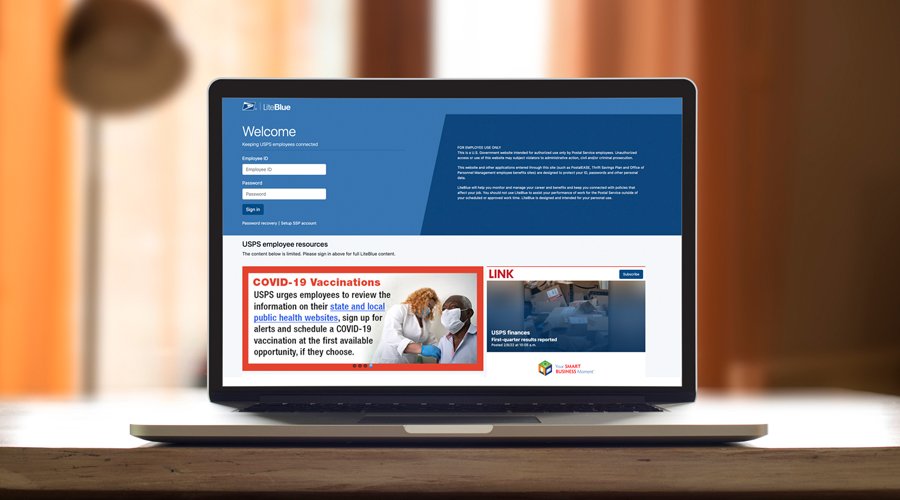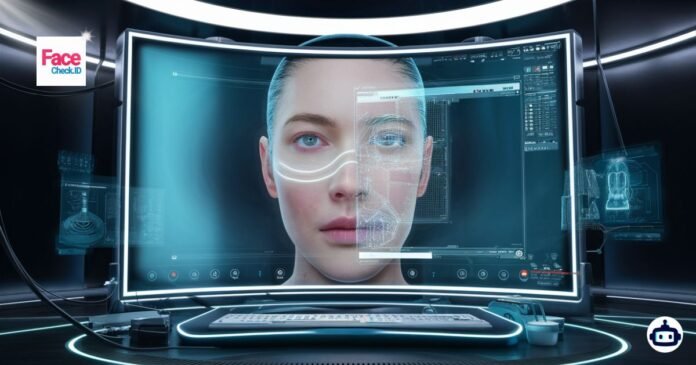
“Digital” is just a word, but a powerful one that has narrowed down the whole world into our bare hands. The rapid development and progress of digital technology over the last few decades of our own innovations have brought about transformation in almost every facet of human endeavor. The focus of ongoing theory has been and will continue to have positive and negative effects, including the implications on healthcare. Using mechanical and digital methods for capturing and recording physical status, experiences, and narratives has paved the way for groundbreaking developments in population-wide health strategies, integrated real-time generation of new knowledge and insights. Digital healthcare is the collective term for individual and medical management for these evolving digitally mediated abilities.
‘Health’ is the most important aspect to contribute to this digital and rapidly growing life’s transformations with this whole new world i.e. revolutionizing the life sciences sector and healthcare services. Integrating digital customer experience management, healthcare business process solutions, and crowdsourcing platforms is the key to transformation. Technologies have collectively enhanced the management and utilization of health data, developing growth and innovation in the life sciences.
Advance of Digital Healthcare Management
Customer experience solutions is a very important and very crucial need in today’s healthcare, as we have seen many such outbreaks in the past few years i.e. Covid-19. These few scenarios not only interrupt our physical health but also mental health. This is why we need to evolve into more efficient and individualized care of patient’s health data which can only be achieved by leveraging data analytics that understand patient needs and behaviors and customize healthcare services to meet the needs of everyone.
Furthermore, portals and mobile health apps enable not only patients but also healthcare management to access medical records, schedule appointments, and communicate with healthcare providers seamlessly. These digital tools help in compiling data reports and analytics as well as improving health related outcomes.
Healthcare management solutions are essential for the complexities of modern healthcare delivery and seriousness of our own futures. These digital solution objectives streamline administrative and clinical workflows, reducing inefficiencies and enhancing productivity to management as well as consumers. Healthcare organizations can automate routine tasks like billing, scheduling, and claims processing by integrating health data into business process management systems. This automation reduces the burden on healthcare staff and the patients/consumers which minimizes errors and accelerates service delivery.
Healthcare business process solutions enable better decision-making by providing comprehensive insights into organizational performance to create a wide network among other aspects. Data analytics tools can analyze vast amounts of health data to identify future trends, predict patient outcomes, and optimize treatment plans which can help them to excel in every field. For instance, predictive analytics and data monitoring can help identify high-risk patients requiring intensive care, allowing healthcare providers to allocate required resources more effectively. Additionally, these solutions support regulatory compliance by ensuring health data is managed securely and according to industry standards.
Role of Crowdsourcing in Healthcare Research
Crowdsourcing platforms have become a valuable resource in the life sciences sector, harnessing the collective intelligence of a global community to solve complex healthcare challenges. By leveraging health data, these platforms facilitate collaboration among researchers, healthcare professionals, and patients, accelerating innovation. For example, crowdsourcing can gather large datasets for clinical research, enabling the discovery of new treatments and therapies.
The best crowdsourcing platforms integrate advanced data analytics and machine learning algorithms to analyze health data and generate actionable insights. These platforms can identify patterns and correlations often overlooked in traditional research settings, leading to breakthrough discoveries. Additionally, crowdsourcing encourages patient participation in research, providing researchers with diverse perspectives and real-world data. This participatory approach enhances the quality of research and fosters a sense of community and shared purpose among stakeholders.
Transformative Impact on Healthcare Services
The convergence of digital customer experience management, healthcare business process solutions, and crowdsourcing platforms has significantly transformed healthcare services. By harnessing the power of health data, these innovations have improved patient outcomes, enhanced operational efficiency, and driven medical research forward. Patients now have greater access to personalized care, healthcare providers can operate more effectively, and researchers can unlock new scientific insights at an unprecedented pace.
In conclusion, health data plays a pivotal role in managing the growth of life sciences and transforming healthcare services. Digital customer experience management, healthcare business process solutions, and the best crowdsourcing platforms are key drivers of this transformation. As these technologies evolve, the potential for further advancements in healthcare is immense, promising a future where health data is the cornerstone of innovative and patient-centric care.





